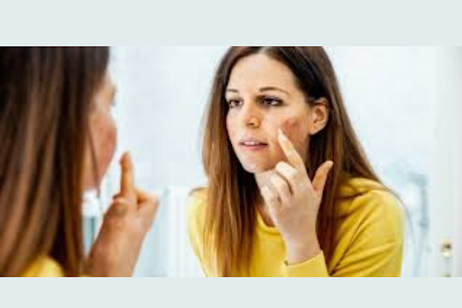Diagnosis of Rosacea
Diagnosing rosacea can be a bit tricky as it often mimics other skin conditions such as acne, eczema, or psoriasis. However, with the help of a healthcare provider, rosacea can be accurately diagnosed and managed. In this blog, we'll discuss the diagnosis of rosacea in detail.
Medical History
The first step in diagnosing rosacea is to take a thorough medical history. Your healthcare provider will ask you questions about your symptoms, how long you've had them, and any triggers that seem to make them worse. They will also ask about your family history, medical history, and any medications you're taking.
Physical Examination
After taking a medical history, your healthcare provider will examine your skin to look for signs of rosacea. They will look for facial redness, bumps, and pimples, visible blood vessels, and eye problems. In some cases, they may also perform a skin biopsy to rule out other conditions.
Subtype Classification
Once rosacea is diagnosed, it is further classified into one of four subtypes based on the signs and symptoms present. These subtypes include:
Erythematotelangiectatic Rosacea: This subtype is characterized by facial redness, visible blood vessels, and a tendency to flush easily.
Papulopustular Rosacea: This subtype is characterized by acne-like bumps and pimples on the face.
Phymatous Rosacea: This subtype is characterized by thickened and bumpy skin, particularly on the nose.
Ocular Rosacea: This subtype is characterized by eye problems such as redness, dryness, and itching.
Treatment Plan
Once a diagnosis of rosacea is made, your healthcare provider will work with you to develop a treatment plan that is tailored to your individual needs. Treatment options may include topical and oral medications, laser or light therapy, lifestyle changes, and emotional support.
In conclusion, diagnosing rosacea involves taking a thorough medical history, performing a physical examination, and classifying the subtype of rosacea based on the signs and symptoms present. With an accurate diagnosis, rosacea can be effectively managed and treated. If you suspect that you may have rosacea, it's important to consult with a healthcare provider for an accurate diagnosis and treatment plan.

Comments
Post a Comment